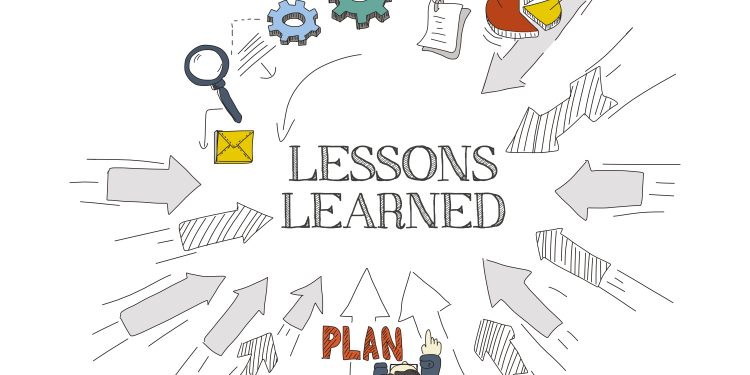AMSA provides lessons learned from an incident where a charter vessel transiting between research sites at night collided with a stationary vessel.
The incident
The stationary vessel’s master claimed to have an anchor light on, but the crew of the charter vessel stated they did not see any navigation lights.
The master of the stationary vessel was preparing food on the vessel at the time and may have obstructed the anchor light view from the charter vessel’s crew.
The master of the charter vessel was found to have been operating at high speed given the conditions (night operations). This also rendered the lookout ineffective.
A 2C charter vessel was conducting scientific research operations at night, transiting between sites, and travelling at 20 knots about 500 metres offshore. The master observed several vessels clearly illuminated by their navigation lights and altered course to avoid them.
A short time later, a crew member onboard the charter vessel yelled out ‘boat’ prior to the vessel colliding head on with a stationary vessel. Upon impact, the master of the charter vessel reduced speed, and accounted for the crew’s welfare before turning the vessel around and returning to the stationary vessel.
The master of the stationary vessel was known to the other master, and each surveyed the other’s vessel for damage. The charter vessel’s master stated that the stationary vessel’s navigation lights were unlit.
The stationary vessel’s master claimed to have had an anchor light operational prior to the collision. The charter vessel’s crew later stated that they did not observe any navigation lights on the stationary vessel. Both parties then declared no significant damage or injuries to crew and continued their voyages.
Investigation findings
The investigation identified the following contributory factors:
- The master of the stationary vessel stated that they were preparing food on their vessel when they saw the charter vessel approaching. Believing the master of the charter vessel would see the anchor light, they continued their food preparation. The stationary vessel’s anchor light was ejected into the water upon impact.
- The master of the stationary vessel may have unintentionally obstructed the anchor light from the view of the crew of the approaching charter vessel.
- The master of the charter vessel was operating in low visibility conditions (night operations) at a speed that reduced the capability of the vessel to take proper and effective action to avoid a collision. This resulted in the crew being unable to maintain an effective lookout.
The masters of both vessels should have been more alert to the potential risks in such conditions. The charter vessel should have operated their vessel at a slower speed more appropriate for the conditions and the stationary vessel should have ensured they were more easily identifiable at night. In this regard, both masters should have adhered to the general safety duties for domestic commercial vessel and collision regulations to ensure the safety of their crew and vessels.






























































